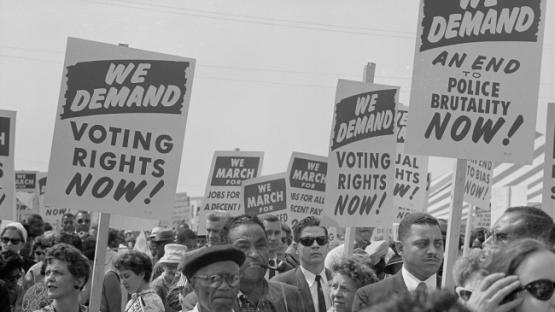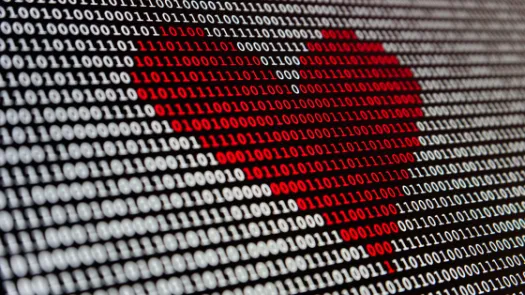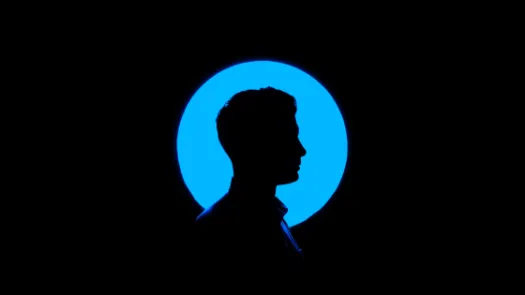The World Bank's ID4D "Mission Billion Challenge": How a limited conception of 'privacy' threatens our rights

Photo Credit: Marion S. Trikosko
This month, the World Bank's Identity for Development (ID4D) initiative is launching its inaugural "Mission Billion Challenge", a competition designed to promote innovation in the identity space with the inaugural question: "How can digital identification systems in developing countries be designed to protect people’s privacy and provide them with greater control over their personal data?” But make no mistake: introducing "privacy by design" does not solve the fundamental problems with ID cards and other identification systems.
In the debate and push for ID, something vital is being lost: the civil rights implications. There are various initiatives to improve the security or design of ID systems. As well as the Mission Billion Challenge we've seen sets of principles from the World Bank and from the NGO Access Now. But, while some concept of 'privacy' is present in all of these, we cannot ignore the civil rights consequences of ID.
All modern ID systems are built on a myth: that of universality. This is the idea that an ID system can cover the entirety of a population, and that using the system will be equally possible for everyone. But this is an impossible dream, and universality is not achieved by just stating it as a goal. The challenges are massive, particularly as universality should include:
- Marginalised communities, such as those with undesirable migration status, ethnicities, to name a few.
- Those without a permanent address or who live in places without recognised addresses.
- The elderly and others with faded fingerprints who are unable to use biometrics.
- Those whose identities just don't fit into the boxes that the ID system designers put in place.
Thus, the starting point for analysing ID cannot be that this is a system that is universal: it has to recognise that this is a system that will include and exclude. Who gets included and excluded is as much a technical question as it is also political, social, and economic. We must consider the impact it will have on people who are excluded. (We are also concerned about who gets targeted as a result of being included - but that is a civil liberties question that we will raise later.)
This exclusion has a discriminatory impact on civil rights, as ID becomes mandatory to access services to which a person has a right. We can see this vividly in measures like voter ID requirements, which are in place in 34 states in the US, despite the fact that voter impersonation fraud is extremely rare. These states require government-issued photo ID to vote, which 11% of the population - and up to 25% of African-Americans don't have - thus denying them their right to vote.
It also adversely affects those who have more difficulty getting ID, including those with low incomes, the elderly and disabled people. Voter ID has been described by the ACLU as "part of an ongoing strategy to roll back decades of progress on voting rights".
There are moves to introduce similar measures in the UK: trials of voter ID are continuing, despite the fact that the initial trials would “disproportionately impact the most marginalised groups in society". Voter ID requirements are an unfair and discriminatory response to a non-problem. It only solves one very specific type of fraud - where a person turns up at a polling station and claims to have a different identity.
But the civil rights implications of ID extends beyond voting. The necessity of having ID extends to other aspects of people's lives - as ID is required for more and more things, so the potential damage grows. Some people have ID, but face impossible hurdles to using it - for example, trans people whose ID does not match their gender identity. Plus, the requirements to see an ID by the police is irregularly enforced, disadvantaging some individuals and communities more than others.
The civil rights implications of an ID system go far beyond what might be covered by concepts like "privacy by design". Rather, we must be aware of the civil rights implications of ID systems and their potential discriminatory impacts on people. Privacy is about the dignity and autonomy of all. Perhaps, next year, the "Mission Billion Challenge" question should be: "How do we use technology to remove the requirements to have ID, and thus bolster civil rights?"



